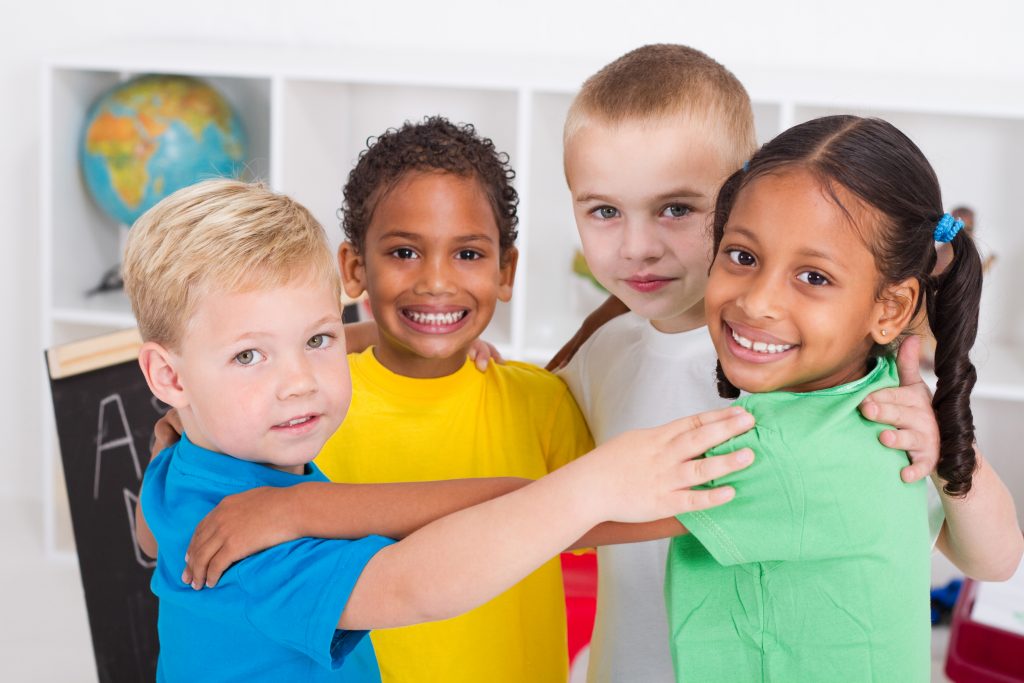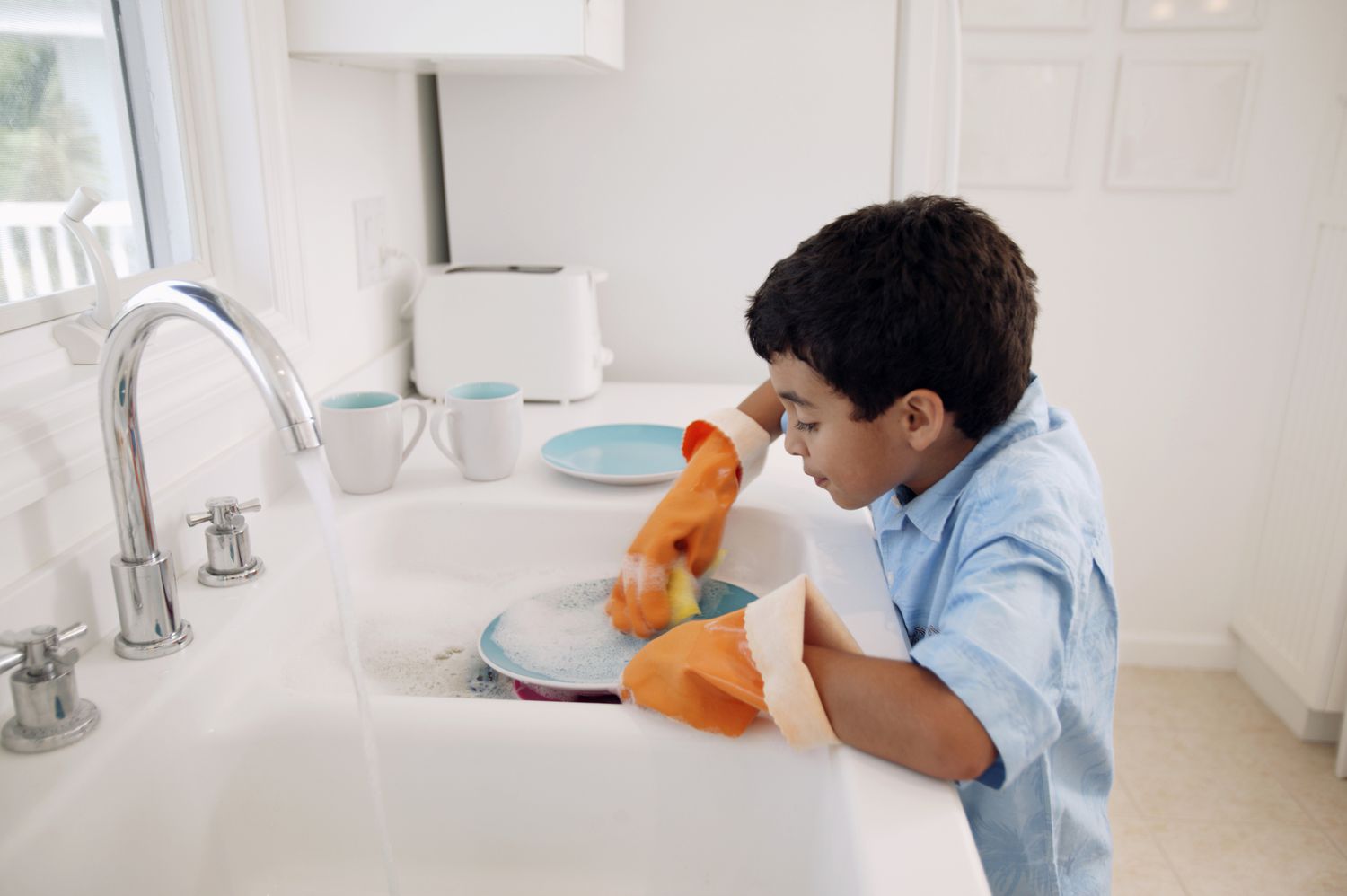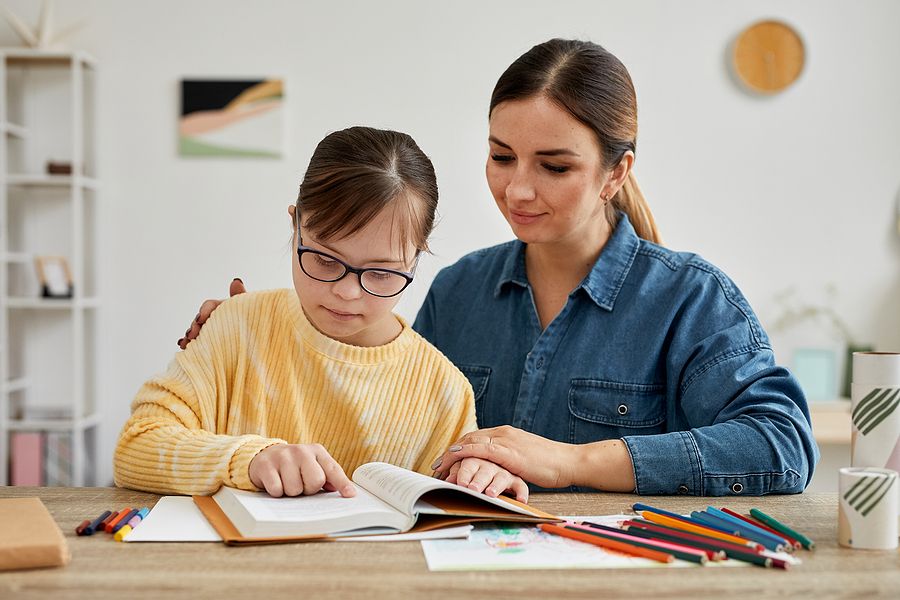Five Vital Life Skills for Special Needs Children
Mastering five essential life skills is important for special needs children. Developing effective communication skills through speech therapy and sign language enhances verbal and nonverbal communication. Participating in play dates and understanding social cues boosts social interaction. Daily hygiene routines and adaptive clothing aid in self-care. Learning emotional regulation techniques helps manage feelings effectively. Developing problem-solving skills through creative solutions and real-life scenarios builds resilience. These skills empower special needs children to navigate challenges with confidence, fostering independence and overall well-being.
Key Takeaways
- Communication skills: Speech therapy, sign language, nonverbal cues, visual aids.
- Social interaction: Play dates, social cues, empathy, communication skills.
- Self-care abilities: Daily hygiene, grooming, meal preparation, independence.
- Emotional regulation: Coping strategies, sensory tools, relaxation techniques.
- Problem-solving skills: Creative problem-solving, real-life scenarios, independence development.
Communication Skills

Developing effective communication skills is essential for special needs children to express their thoughts, feelings, and needs clearly and confidently. Speech therapy plays a vital role in helping children improve their verbal communication skills. Through tailored exercises and techniques, speech therapists work with these children to enhance their articulation, fluency, and voice projection.
In cases where verbal communication may be challenging, sign language can be a valuable tool. Learning sign language enables children to express themselves using gestures and symbols. This form of communication can bridge the gap for those who struggle with spoken language, providing them with an alternative means to convey their messages effectively.
Nonverbal communication and visual aids also play a significant role in enhancing communication skills for special needs children. Teaching children how to interpret and use nonverbal cues, such as facial expressions and body language, can help them better understand social interactions.
Additionally, visual aids, like picture cards or communication boards, can assist in conveying messages and promoting comprehension. By incorporating these strategies, children can develop a diverse set of communication skills that empower them to connect with others and navigate the world more confidently.
Social Interaction

Improving social interaction skills is vital for special needs children to cultivate meaningful connections and navigate social situations confidently. Play dates can be a great way for your child to practice social skills in a comfortable setting. Encourage them to engage with others, share toys, take turns, and communicate their needs effectively during these interactions.
Understanding social cues is another important aspect of social interaction. Help your child recognize facial expressions, body language, and tone of voice to better understand how others are feeling. Role-playing scenarios can be a fun way to practice interpreting social cues and responding appropriately.
It’s important to teach your child the basics of initiating conversations, maintaining eye contact, and respecting personal space to foster positive social interactions. Encouraging empathy and kindness towards others will help your child build lasting friendships.
Self-Care Abilities

Let’s talk about the essential self-care abilities your special needs child can develop.
Daily hygiene routines, like brushing teeth and washing hands, are vital for their overall well-being.
Teaching dressing and grooming skills, as well as basic meal preparation, can empower them to become more independent in their daily lives.
Daily Hygiene Routines
How can you help your special needs child establish effective daily hygiene routines that promote their self-care abilities?
Daily hygiene routines are essential for maintaining overall health and well-being. When it comes to bathing techniques, consider using visual schedules or step-by-step guides to help your child understand the process.
For tooth brushing routines, opt for toothbrushes with a comfortable grip or sensory-friendly toothpaste to make the experience more enjoyable. Hair care can be simplified by using detangling sprays or brushes with soft bristles. Nail grooming can be challenging, so regular practice with supervision is key. Remember to praise your child for their efforts and progress, reinforcing positive behavior.
Consistency is vital in establishing these routines. Create a visual schedule or use reminders to help your child remember their daily hygiene tasks. Encourage independence by gradually introducing more tasks over time. By providing support, patience, and understanding, you can help your special needs child develop essential self-care abilities.
Dressing and Grooming
Developing dressing and grooming skills is essential for your special needs child’s self-care abilities. When it comes to dressing, consider using adaptive clothing to make the process easier. Adaptive clothing features modifications like Velcro closures or elastic waistbands, which can be especially helpful for children with motor skill challenges. These clothing options promote independence and can boost your child’s confidence in dressing themselves.
In terms of grooming, incorporating hygiene aids can streamline the routine. Hygiene aids like long-handled brushes, toothpaste dispensers, or shampoo rinse cups can assist your child in maintaining personal hygiene with greater ease. These aids are designed to be user-friendly and cater to specific needs, making the grooming process more manageable for your child.
Meal Preparation Skills
When it comes to fostering self-care abilities in your special needs child, mastering meal preparation skills plays a significant role in promoting independence and daily living skills.
Teaching cooking lessons tailored to your child’s abilities can be a rewarding experience that empowers them to take charge of their nutrition and overall well-being. Start with simple tasks like mixing ingredients or spreading toppings on bread to gradually build confidence in the kitchen.
Kitchen safety is paramount when teaching meal preparation skills to special needs children. Show your child how to safely use kitchen appliances, handle knives, and understand the importance of cleanliness in food preparation.
Supervision and clear, simple instructions are key to ensuring a safe cooking environment.
Emotional Regulation

Emotional regulation is an essential skill for special needs children as it helps them manage their feelings and reactions effectively in various situations. Developing coping strategies and self-regulation techniques is important for maneuvering through the complexities of emotions that can often be overwhelming. Special needs children may face challenges in emotional expression and sensory processing, making it even more significant to learn how to regulate their emotions.
It’s important to provide a supportive environment that fosters emotional regulation growth. Encouraging the use of sensory tools like stress balls or noise-canceling headphones can assist in managing sensory input. Teaching relaxation techniques such as deep breathing or visualization can aid in calming overwhelming emotions.
Helping children identify their feelings and understand appropriate ways to express them is key to their emotional development.
Problem-Solving Skills
When helping special needs children develop problem-solving skills, it’s important to focus on creative problem-solving techniques that can be applied to real-life scenarios.
Encouraging them to think outside the box and approach challenges with a positive mindset can empower them to tackle obstacles effectively.
Creative Problem Solving
Developing creative problem-solving skills is essential for special needs children as it empowers them to navigate challenges and find innovative solutions in their daily lives. Critical thinking and innovation play a vital role in helping these children approach problems from different angles, encouraging them to think outside the box and explore new possibilities.
By fostering resourcefulness and adaptability, special needs children can learn to adapt to unexpected situations and come up with unique strategies to overcome obstacles.
Encouraging creative problem-solving skills in special needs children not only enhances their cognitive abilities but also boosts their confidence and independence. It equips them with the tools needed to face various challenges with resilience and determination.
Providing opportunities for these children to practice creative problem-solving in a supportive environment can have a significant impact on their overall development and improve their quality of life.
Real-Life Scenarios
To help special needs children apply their creative problem-solving skills effectively, introducing real-life scenarios can provide practical opportunities for them to manage challenges and develop their problem-solving abilities. Role-playing activities can be a valuable tool in this process, allowing children to practice responding to different situations and understanding social cues.
By engaging in practical life skills exercises within the community, such as visiting a grocery store or finding their way through public transportation, children can learn how to problem-solve in real-world contexts.
These real-life scenarios offer a hands-on approach that goes beyond essential learning, enabling children to apply their problem-solving skills in meaningful ways. Encouraging participation in community engagement activities not only fosters independence but also builds confidence in their ability to tackle everyday challenges.
Independence Development

Encouraging autonomy in special needs children involves fostering self-reliance and building essential life skills. Time management and goal setting are critical aspects to help your child become more independent. Break tasks into smaller steps, use visual aids or timers, and create routines to assist in managing time effectively. Setting achievable goals and celebrating milestones along the way can boost your child’s confidence and motivation.
Decision making is another important skill to nurture independence. Teach your child how to weigh options, consider consequences, and make informed choices. Provide opportunities for decision-making in daily activities to empower them.
Money management is also key to independence. Introduce basic concepts like saving, spending, and budgeting. Use visual aids or hands-on activities to make learning about money practical and engaging for your child.
Frequently Asked Questions
How Can I Help My Child With Special Needs Build Resilience?
To help your child with special needs build resilience, offer parental support by teaching coping mechanisms. Encourage building confidence and self-esteem through positive reinforcement. Your understanding and empathetic approach will guide them towards developing crucial life skills.
What Strategies Can I Use to Encourage Independence in My Child?
To encourage independence in your child, focus on incorporating daily routines and positive reinforcement. Set achievable goals together and break them down into gradual steps. By providing support and celebrating small victories, you can nurture their self-reliance.
Are There Specific Techniques to Teach Emotional Regulation to Special Needs Children?
To teach emotional regulation to special needs children, you can explore sensory integration and mindfulness techniques. Sensory activities and mindfulness practices can help your child recognize and manage their emotions effectively in various situations.
How Can I Support My Child’s Problem-Solving Skills at Home?
To support your child’s problem-solving skills at home, engage in activities that promote critical thinking and creative solutions. Use real-world scenarios and hands-on tasks to encourage learning through practice and application.
What Resources Are Available to Improve My Child’s Self-Care Abilities?
To enhance your child’s self-care abilities, explore self-care tools like visual schedules and adaptive technology such as specialized utensils. These resources can empower your child to develop independence in daily tasks and improve their overall well-being.
Conclusion
To sum up, assisting special needs children in developing these essential life skills can greatly enhance their quality of life and increase their independence.
By focusing on communication, social interaction, self-care, emotional regulation, and problem-solving, you’re setting them up for success in various aspects of their lives.
Remember, every child is unique and may require different strategies and support, but with patience and dedication, you can empower them to thrive and reach their full potential.
Keep up the great work!

Chad Adan Kace, a young dad from Vermont, shares his parenting journey with a touch of humor and lots of love. Father to a lively baby, he explores the joys and challenges of fatherhood through his stories.







